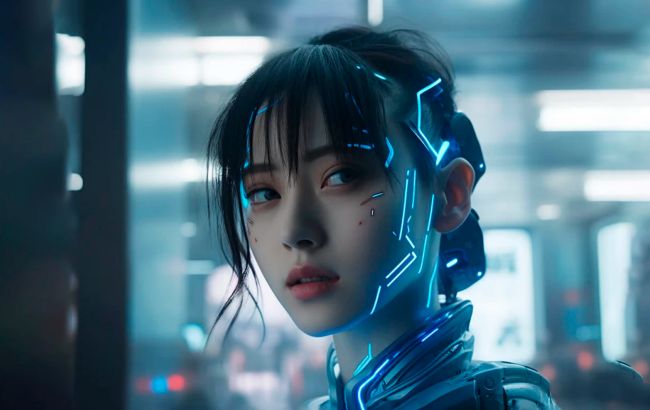First-ever hyperrealistic AI actor appears in Chinese TV series
 Lili Ziren (cryptopolitan.com)
Lili Ziren (cryptopolitan.com)
Lili Ziren is the first-ever AI actor in China to appear in a TV series "I Am Nobody," alongside human co-stars, according to Cryptopolitan and New Lines Magazine.
She plays the role of Er Zhuang in a series produced by Tencent Animation and Comics and distributed by Youku, a Chinese video streaming platform owned by e-commerce giant Alibaba. Lili even has her own IMDb page.
Lili's striking resemblance to a human performer has earned her a burgeoning fan base on Chinese social media. “I feel like she’s better than a real person. After this, let’s swap all [human actors] with these AI actors,” wrote a user on Douyin, China’s original version of TikTok.
Unlike some previous virtual influencers and AI robots, Lili Ziren's remarkably lifelike movements and appearance left audiences astonished. Made of human stand-ins and meticulous post-production work, Lili is not merely a replication of an existing actor. Chinese audiences welcomed her warmly, praising her flawless portrayal of the character. “In the end, is she or is she not human?” one internet user wrote on Douyin. “I can’t tell the difference.”
A notable advantage of AI-generated actors like Lili is they cannot be involved in scandals, prompting the potential appeal of AI actors in a world of entertainment.
AI-generated entertainment content in China
China's AI industry has flourished, as companies seek to increase productivity. In 2018, Xinhua introduced the world's first English-speaking AI news anchor, Zhang Zhao. AI use has surged since then, giving rise to translated podcasts, lip-syncing apps, and virtual influencers. Online videos discussing AI and its impact on the entertainment sector have widespread popularity in China, reflecting a growing fascination with AI-generated content.
We also reported recently that a TikTok parent company based in Beijing, ByteDance, faced allegations of covertly utilizing ChatGPT to make its commercial artificial intelligence exclusively for China.
Meanwhile, the creator of ChatGPT, an OpenAI company, released the latest guidelines to evaluate "catastrophic risks" associated with artificial intelligence in ongoing developments.

